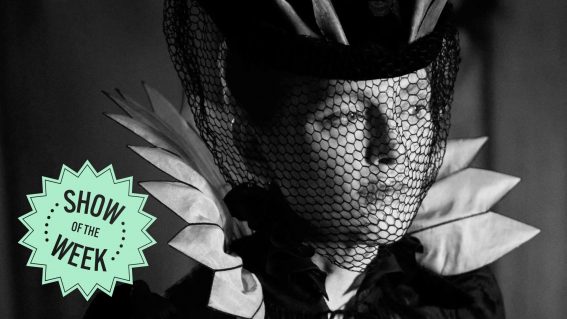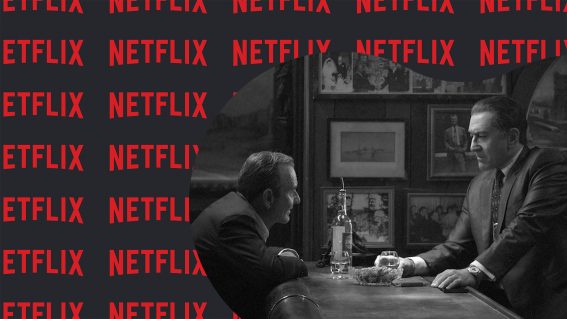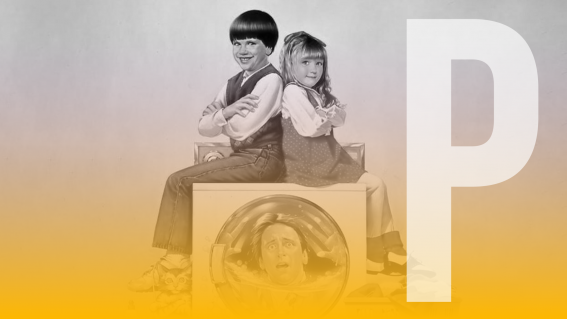Capote vs. The Swans floats on betrayal and revenge – but also love and regret
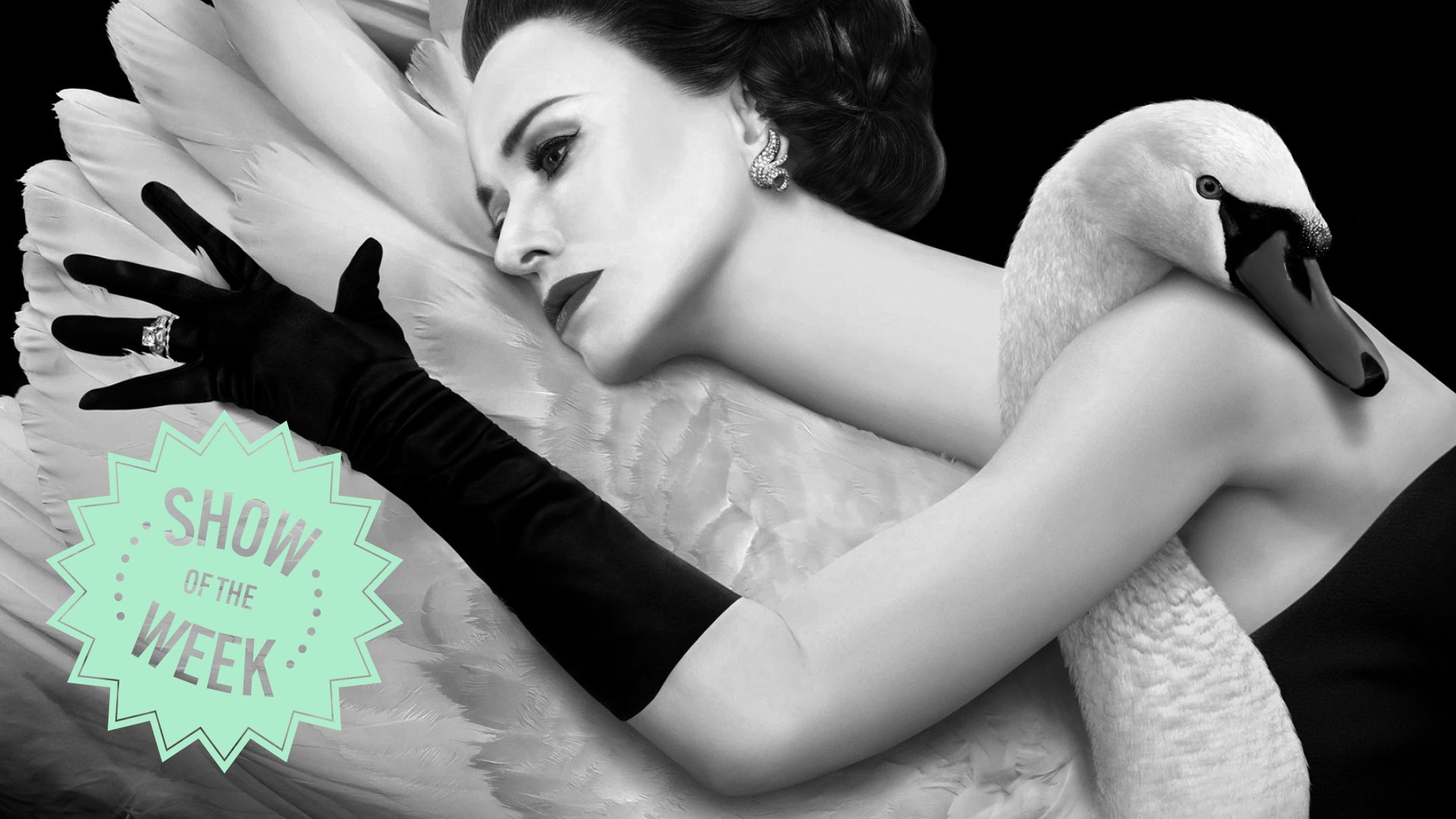
Clarisse Loughrey’s Show of the Week column, published every Friday, spotlights a new show to watch or skip. This week: Season two of Ryan Murphy anthology series Feud, Capote vs. The Swans.
FEUD: Capote vs. the Swans
In the wide, muddied plains of Ryan Murphy’s television fiefdom, you do get the sense there’s something here to chase after. As writer, director, and producer, his collective works are frequently inconsistent, can spin wildly out of control, and stumble occasionally towards the thoughtless and distasteful. Yet, there’s also genuine curiosity there, and a certain sense of provocation that can bring even his detractors back sniffing around.
Murphy’s work, as a whole, yearns to reach some definitive statement on liberated women and gay men, about when the words “monster” and “villain” are wielded as tools of oppression, about who becomes shackled to such terms and who, in turn, chooses to embrace them as a matter of revenge. Perhaps, if Murphy and his collaborators keep ramming full-force into such questions, they’ll inevitably reach a breakthrough.
Here’s where the second season of Feud, Capote vs. The Swans, finds itself. It’s a Murphy series handed over to a new voice, playwright Jon Robin Baitz, who adds an outsider’s clarity to some of these central themes. It’s nominally about Truman Capote (Tom Hollander), the great New York mind of the mid-century, and the circle of socialites, nicknamed his “swans”, that he exposed and arguably betrayed in the published chapters of his unfinished novel, Answered Prayers.
The women, as is the Murphy way, are all played by ferociously talented, older actresses who aren’t getting the work they deserve. Naomi Watts is Babe Paley, a former Vogue editor who married CBS founder William S Paley. Diane Lane is the thrice-married Slim Keith. Chloë Sevigny is horsewoman CZ Guest. Calista Flockhart is Jackie Kennedy’s younger sister, Lee Radziwill. Demi Moore and Molly Ringwald feature in smaller, supporting performances.
Capote, once the publication of In Cold Blood had transformed him into a literary sensation, was under pressure to deliver something of equal spectacle. There was a natural allure to the drama that lay right at his feet. His swans adored his wit, they invited him into their confidence. It was an open entry into the corridors of power. In Baitz’s script, Capote takes on the role of confidante and therapist, someone to wisely parrot Babe’s words back to her about her husband’s new mistress (she’s simply “so jealous, so jealous”).
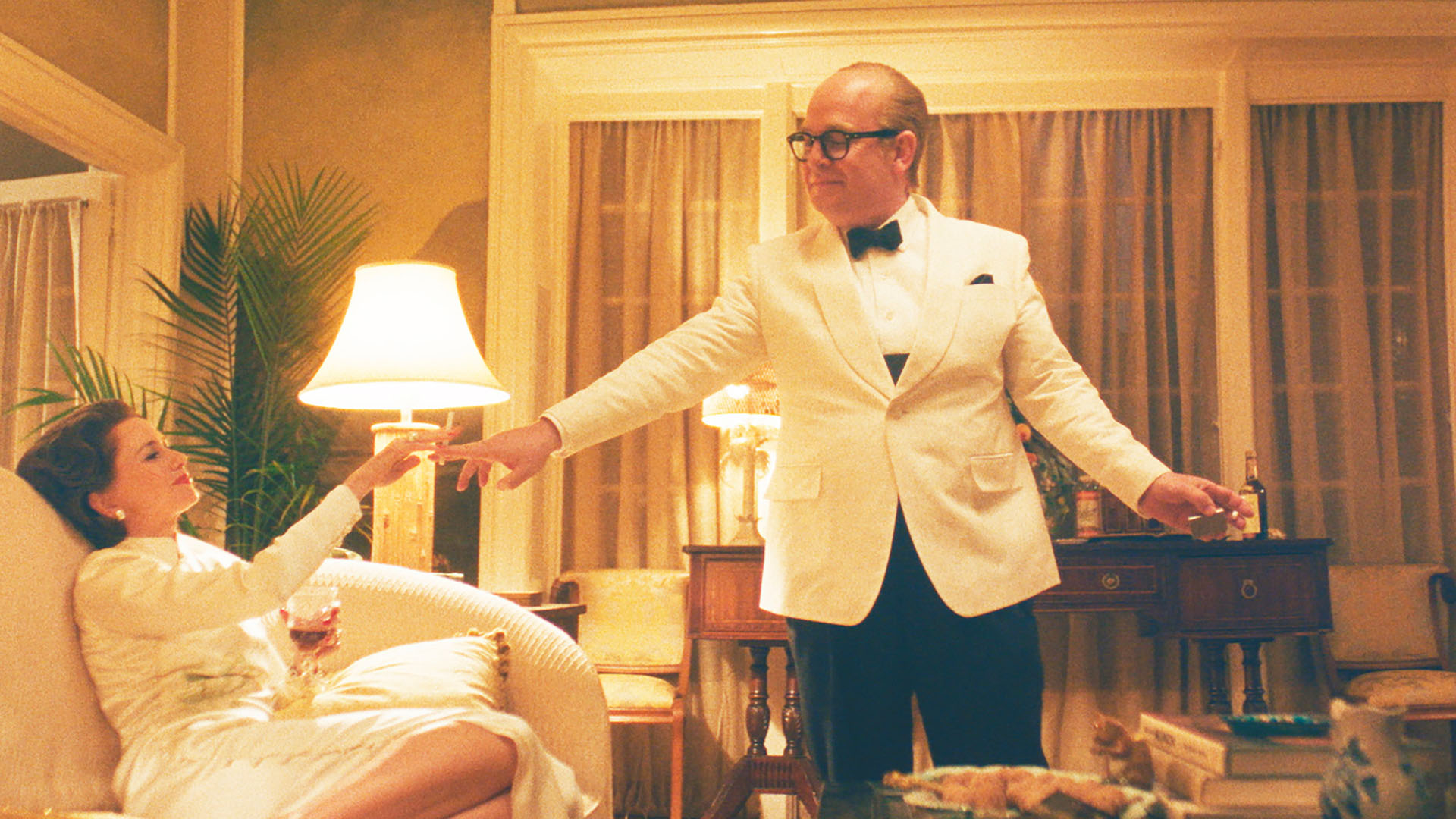
What was the true nature of this relationship, Capote vs The Swans ponders, and what would lead Capote to violate that trust and expose Babe’s dirty laundry to the public? He was only able to publish a handful of chapters of Answered Prayers in Esquire. The second, “La Cote Basque, 1965”, which appeared in the November 1975 issue, was a thinly disguised account of Babe discovering her husband’s infidelity by walking in on him attempting to scrub menstrual blood out of their bedroom carpet.
Capote vs The Swans, lavishly directed by Gus Van Sant, Max Winkler, and Jennifer Lynch, has us sequestered in this hermetic, social bubble. It feels like we barely step foot outside, and that every scene takes place in a parlour room, lounge, or upper-crust eatery, their net curtains drawn to block out harsh, unflattering daylight or any suggestion of the city’s bustling masses. It’s womb-like and claustrophobic, with nowhere to run from all the vicious hearsay.
And the series, in its smartest decision, forces us to abruptly shift perspectives between Capote and his “swans”. Both sides see themselves as righteous, as the slighted and oppressed. Ringleader Slim and her cohorts accuse Capote of misogyny, citing his descriptions of menstruation “as if it were a medieval horror”. There’s an episode—self-indulgent, but not entirely unwelcome—in which writer James Baldwin (Chris Chalk) swoops in purely to provide metaphorically relevant swan facts, and to point out these women’s “subtle racism” and homophobia. Indeed, when attacked, they’re quick to dismiss him as a “homosexual court jester singing for his supper”.
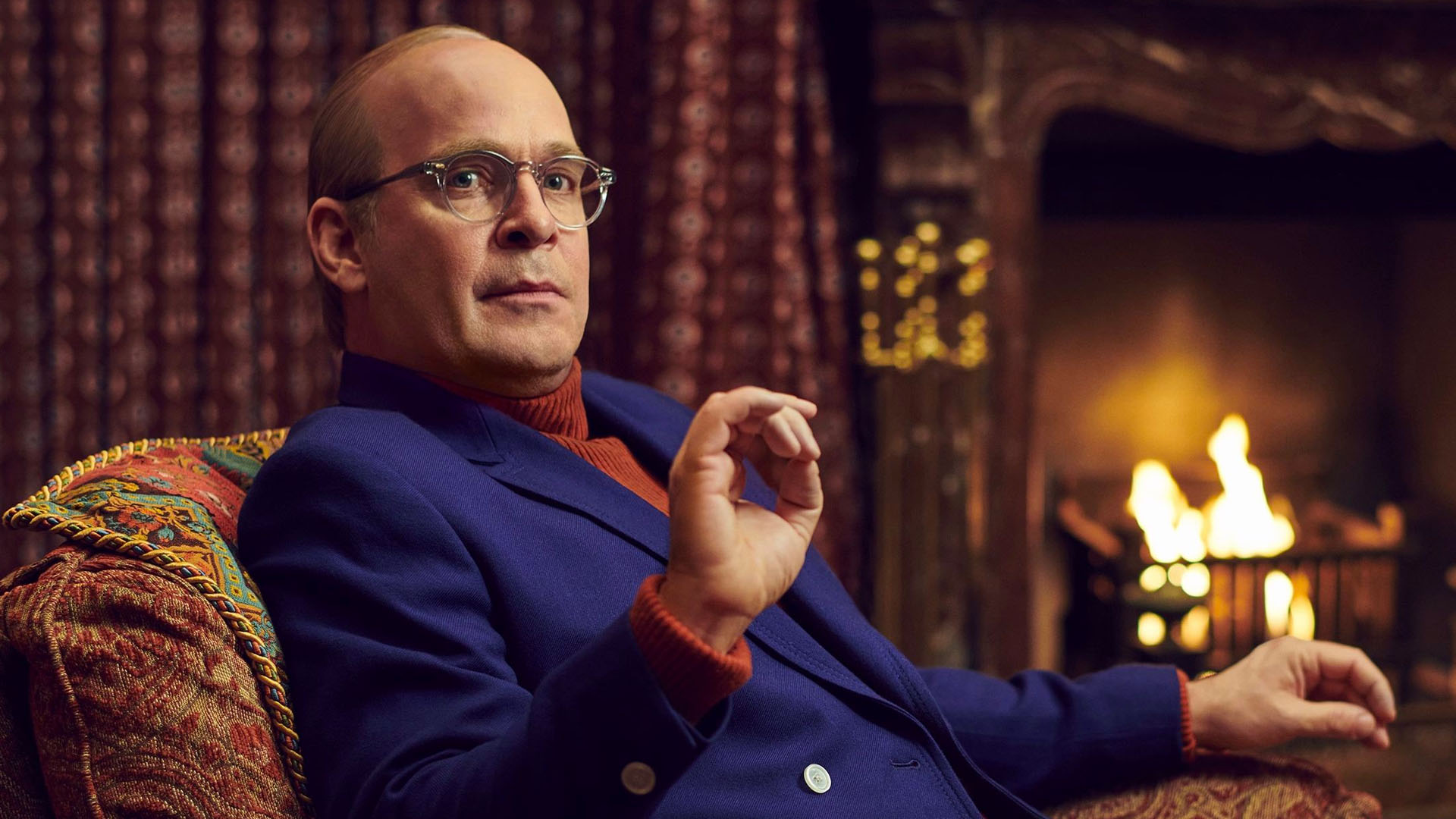
Here’s where Baitz starts to circle some of the trickier questions about these kinds of social alliances. It’s true that women, occasionally, tokenise gay men, while gay men, occasionally, cross the line and turn familiarity with women into cruelty. Where does the power lie in a relationship between two marginalised groups? How does it shift and transform when other identities and factors start to intrude?
It’s a nuanced conversation, and Capote vs The Swans becomes interesting merely by strolling into that territory, What’s more, it concedes that even the messiest of relationships, the arguably co-dependent ones, can also house real love. Ironically for a series titled Feud, the latter half of Capote vs The Swans winds down the bickering in favour of a quite touching portrait of deathbed regret, as these characters reach their final days and start to wonder if they can ever make peace with the people who shaped them.





